Life
Sign up for our newsletter
We summarize the week's scientific breakthroughs every Thursday.
-
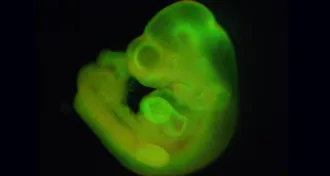 Life
LifeQuestions raised about new method for making stem cells
A January study showing that stem cells can be produced by dipping adult cells in a simple acid bath is now under investigation.
-
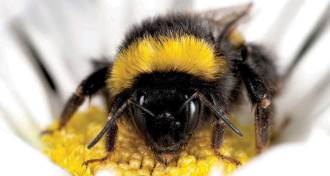 Life
LifeBig study raises worries about bees trading diseases
Pathogens may jump from commercial colonies to the wild.
By Susan Milius -
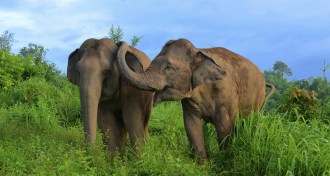 Animals
AnimalsElephants offer a reassuring touch in stressful times
Elephants seem to comfort their comrades in times of need, hinting that the animals may have the capacity for complicated mental feats such as empathy.
-
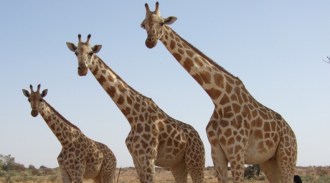 Animals
AnimalsWhy was Marius, the euthanized giraffe, ever born?
The problem of ‘surplus’ zoo animals reveals a divide on animal contraceptives.
-
 Psychology
PsychologyStress hormone rise linked to less risky financial decisions
People given cortisol chose safer options, suggesting inherent risk aversion as an overlooked variable in financial crises.
-
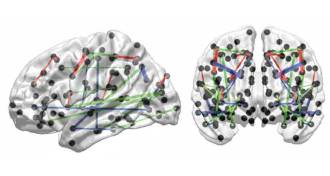 Neuroscience
NeuroscienceWhite matter scaffold offers new view of the brain
A new neural map of white matter connections may explain why some injuries are worse than others.
-
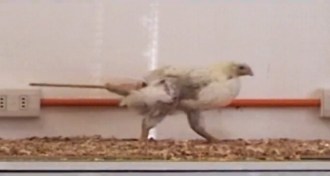 Animals
AnimalsA weighted butt gives chickens a dinosaur strut
Scientists put wooden tails on chickens to learn how small feathered dinosaurs moved, with results captured on video.
-
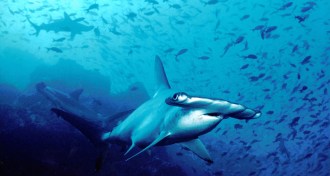 Climate
ClimateSharks could serve as ocean watchdogs
Tagged with sensors, toothy fish gather weather and climate data in remote Pacific waters.
By Beth Mole -
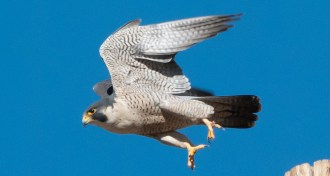 Animals
AnimalsSecret feather flaps help a falcon control its dive
The pop-up feathers of a falcon act similar to flaps on an airplane’s wing.
-
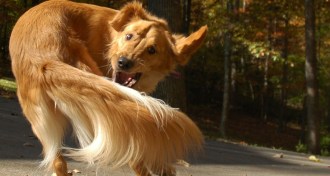 Genetics
GeneticsGenes involved in dog OCD identified
Scientists say they have identified several of the genes that trigger obsessive-compulsive disorder in Doberman pinschers, bullterriers, sheepdogs and German shepherds.
-
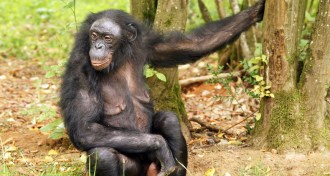 Animals
AnimalsBonobos feel the beat
Some animals, like cockatoos and bonobos, are able to move to the groove. Studying animals that keep the beat might tell us whether musical rhythm is really widespread.
-
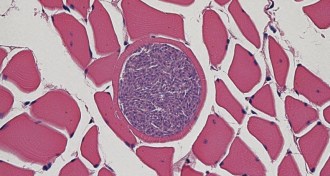 Ecosystems
EcosystemsArctic melting may help parasites infect new hosts
Grey seals and beluga whales encounter killer microbes as ranges change.